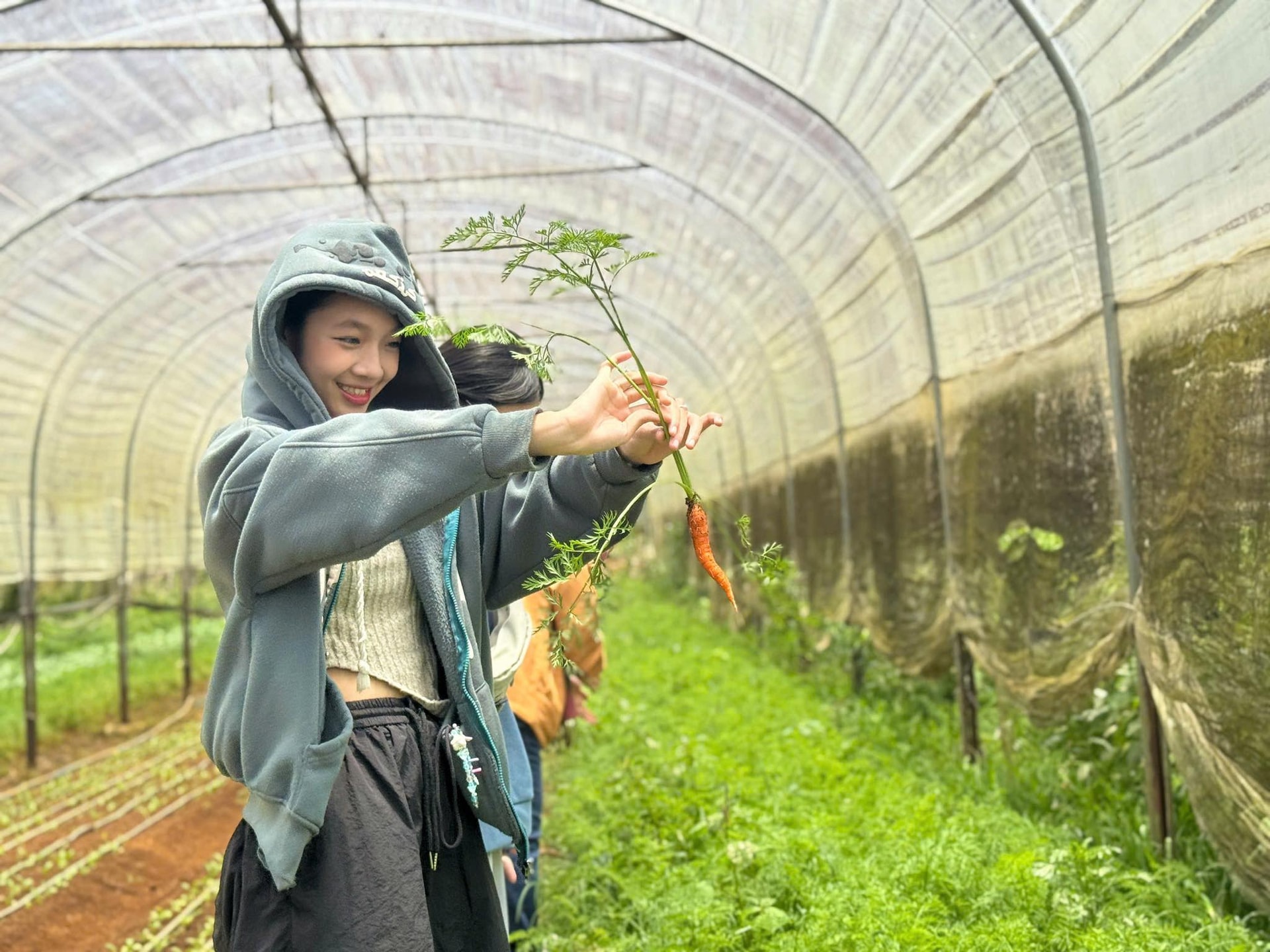
Compared to the central communes and wards of the province, where there are many high-tech agricultural gardens and this type of tourism has been very good in recent times, the agricultural tourism model in the southeastern communes of the province has also developed strongly in recent years.
Mr. Nguyen Van Son's family (La Da commune) has more than 2.5 hectares with many types of fruit such as durian, mangosteen, avocado... At first, Mr. Son only grew and sold to traders. In recent years, many families in Phan Thiet and neighboring provinces have expressed their desire to visit and experience, so he has combined tourism to increase his family's income. "Last summer, the number of visitors was large, also during the fruit harvest season, creating a space for visitors to experience and eat in the garden, while the family did not worry about the output of the products, agricultural products were still consumed in their own garden", Mr. Son said.
In recent years, tourists tend to seek agricultural tourism, wanting to see with their own eyes the bright yellow melons hanging straight on the trellises. Or the bunches of ripe red grapes hanging in rows, grown in greenhouses according to a clean, closed process... Tourists can both visit, experience and learn new agricultural methods, fruit trees are grown using organic methods, safe and qualified for export.
In addition, many localities in the province have developed tourist destinations associated with potential product chains and advantages such as: Tanh Linh area has a chain of cashew nuts and snakehead fish products; Lien Huong commune has a chain of products such as grapes, La Gan chili, tragacanth gum; Duc Linh tourism is associated with activities to experience the production of Dong Ha green-skinned grapefruit and Ro Mo durian...
Previously, many farming households only relied on seasonal income, but now they have a stable source of income from tourism services such as: selling garden tickets, homestay, local cuisine , selling fresh fruit in the garden, hand-processed agricultural products, helping to "extend the value chain" of agricultural products. Mr. Duong Minh Quang - Owner of Vy Vy Farm vineyard (Hoa Thang commune) shared: "Initially, we mainly planted experimental varieties of grapes such as: Japanese rose, peony, bailey and grew them according to clean and safe standards, selling to traders in and outside the province.
By 2022, locals as well as tourists on Bau Trang tours will come to visit and take pictures. Seeing that, we have developed an experiential tourism model to create landscapes for visitors to take pictures, check in, and enjoy fruit on the spot.
In addition to the grapevines, the garden also has 300 dragon fruit, apple and Taiwanese guava trees that are in the process of bearing fruit. Last summer was the peak season, the garden attracted about 500 visitors every day, and on weekends alone, the number of visitors fluctuated over 1,000 people, of which 90% were Korean visitors.
However, according to many experts, agro-tourism will soon fade away if there is no creative approach, but only similarity. In addition, some rural tourism and garden tourism models are still spontaneous and limited. The models are still small, fragmented, unprofessional, have not connected many houses, have not invested systematically and diversely, and have not created attractive tourism products based on potential advantages to attract tourists.
When Lam Dong becomes the province with the largest area in the country, with all the elements of a diverse ecosystem from plateaus, mountains and forests to seas and islands, if there is a systematic and in-depth plan to develop agricultural tourism, exploiting the unique indigenous culture, the province's tourism industry will certainly develop at another level, at the same time, bringing new nuances and vitality to the countryside.
Source: https://baolamdong.vn/du-lich-canh-nong-loi-ich-kep-cho-nong-dan-390180.html


![[Photo] Unique Phu Gia horse hat weaving craft](https://vphoto.vietnam.vn/thumb/1200x675/vietnam/resource/IMAGE/2025/10/10/1760084018320_ndo_br_01-jpg.webp)
![[Photo] Opening of the World Cultural Festival in Hanoi](https://vphoto.vietnam.vn/thumb/1200x675/vietnam/resource/IMAGE/2025/10/10/1760113426728_ndo_br_lehoi-khaimac-jpg.webp)
![[Photo] Ho Chi Minh City is brilliant with flags and flowers on the eve of the 1st Party Congress, term 2025-2030](https://vphoto.vietnam.vn/thumb/1200x675/vietnam/resource/IMAGE/2025/10/10/1760102923219_ndo_br_thiet-ke-chua-co-ten-43-png.webp)




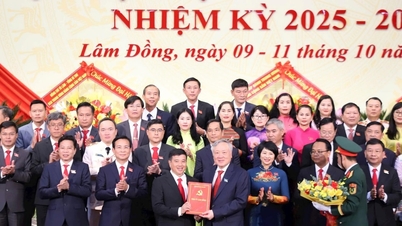



















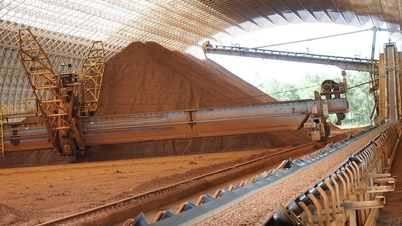
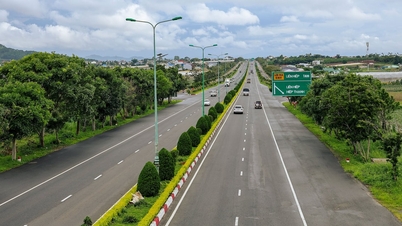


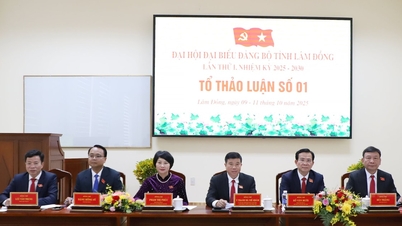

















































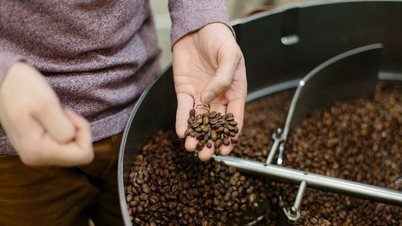

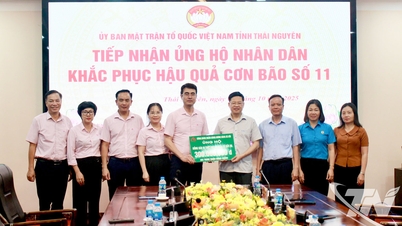

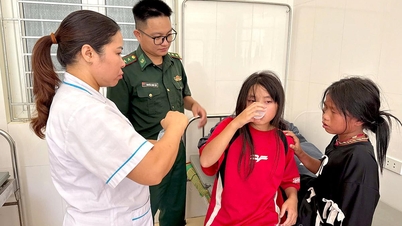












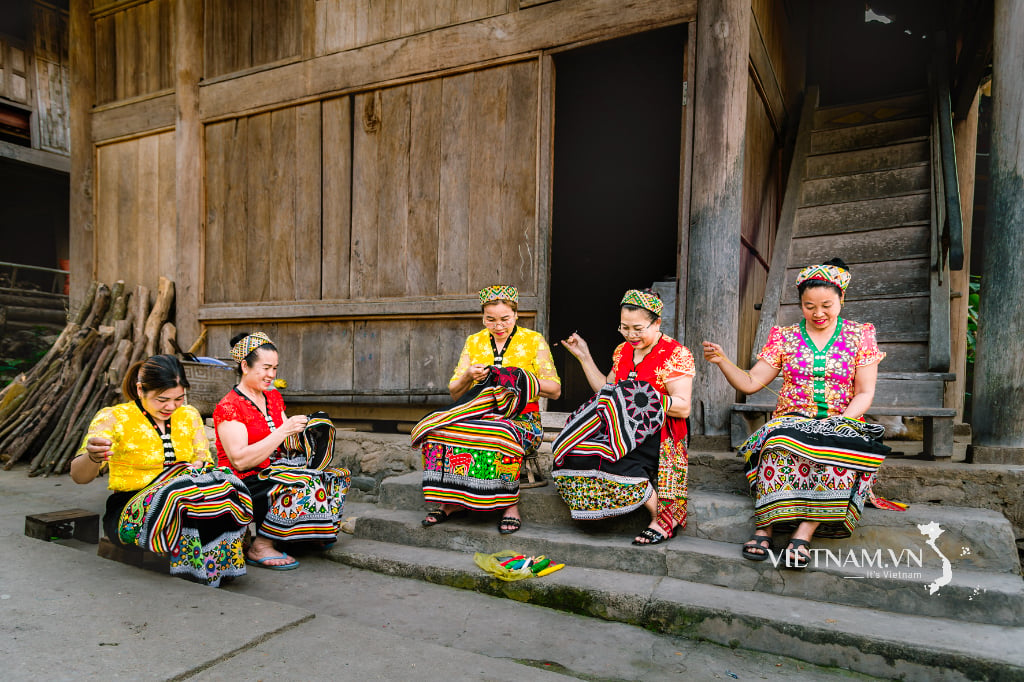


Comment (0)